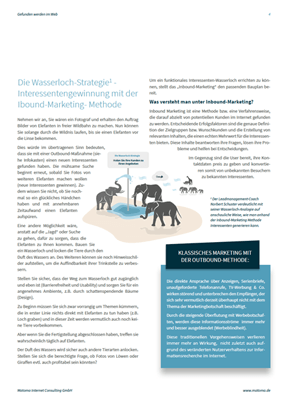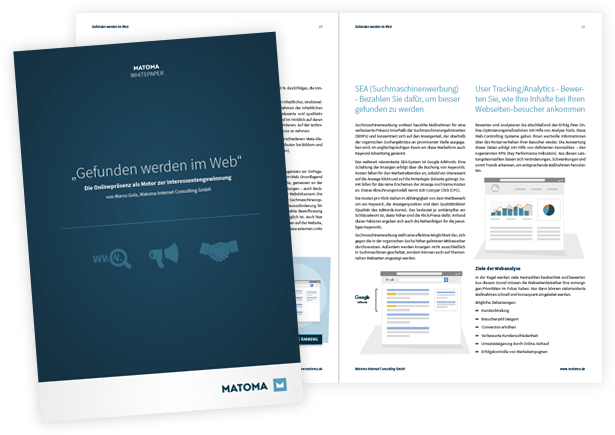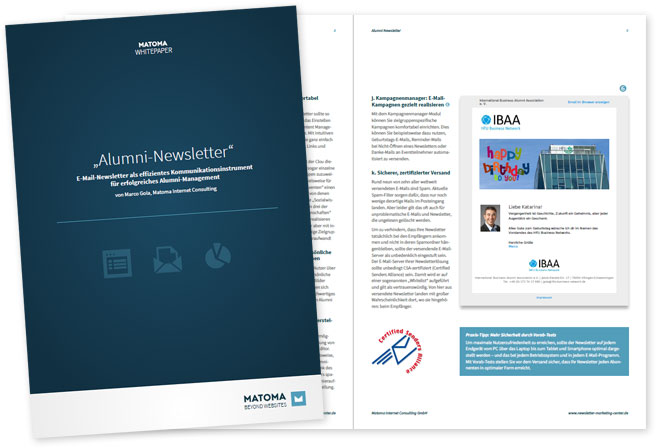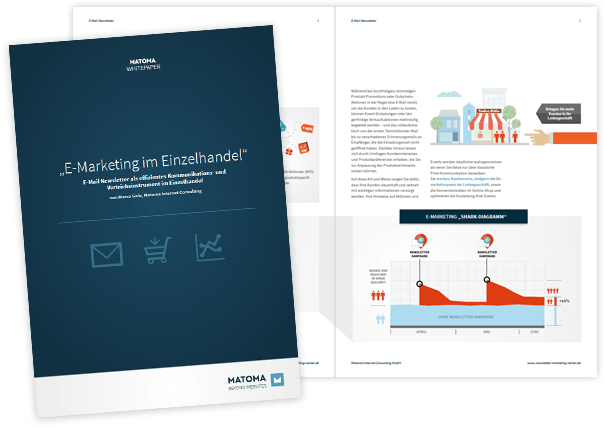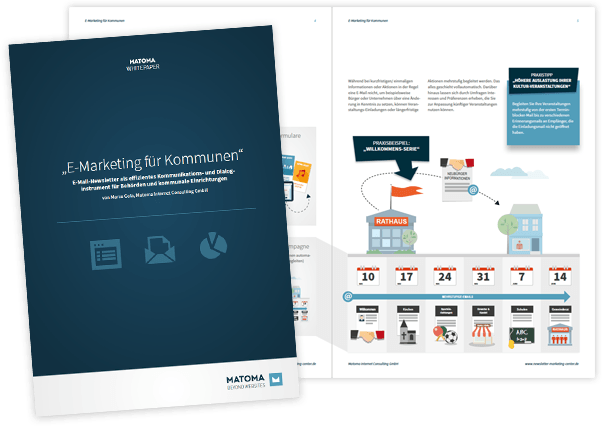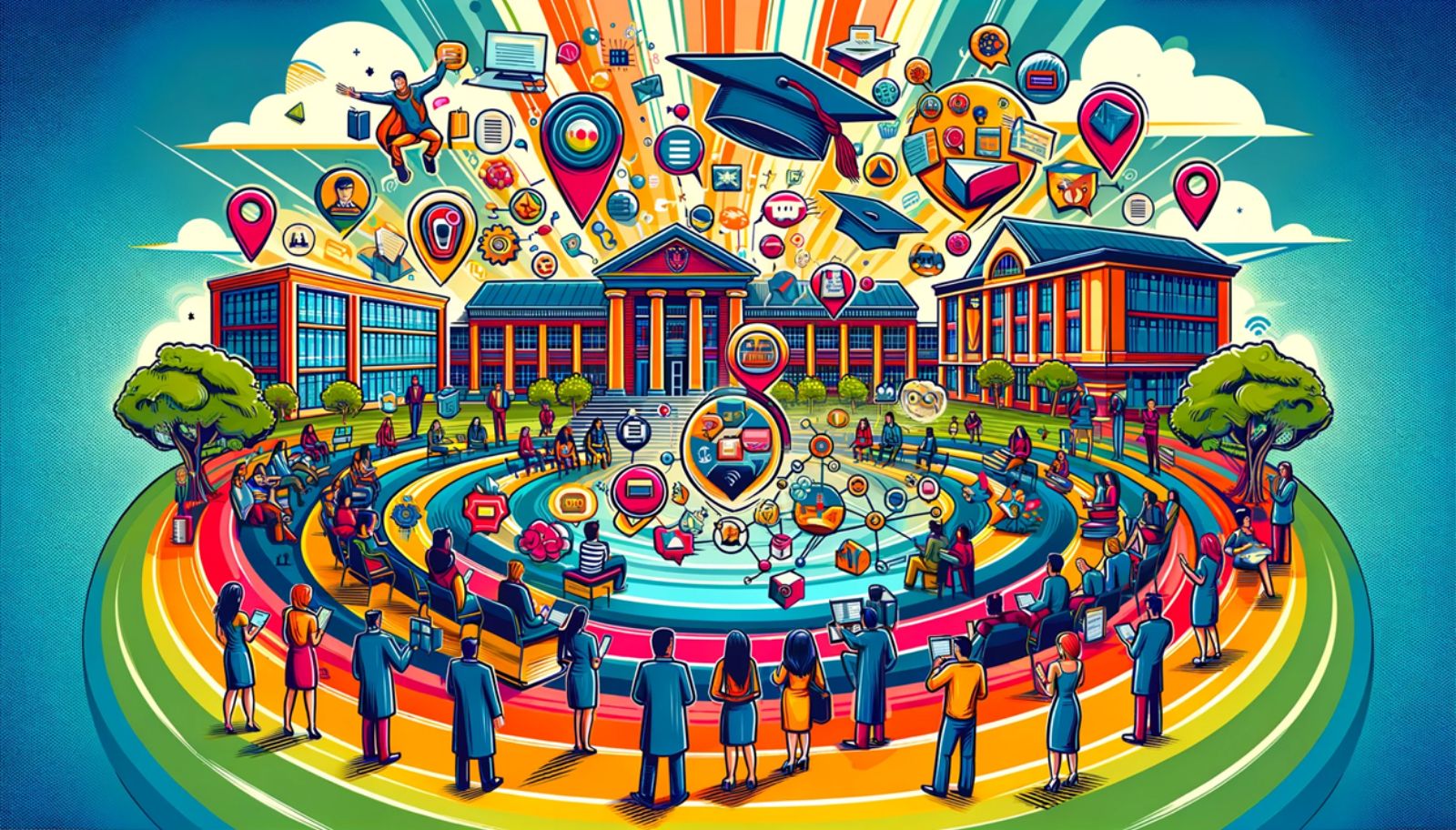
In today’s world, universities are far more than just educational institutions. They increasingly see themselves as an integral part of society, which goes hand in hand with complex expectations and tasks. These range from public relations, alumni management and career services to events, mentoring and fundraising.
Despite the long-term goals set out in the plans of the top committees, many universities have little hierarchical organization in everyday life and often act individually and literally uncoordinated. A Customer Relationship Management (CRM) system can remedy this situation by retaining the decentralized organizational structure on the one hand and bundling the university’s communication power on the other. (Customer is to be understood in a figurative sense. This refers to internal and external target groups and stakeholders of the college/university).
Reasons for and advantages of CRM systems for universities
- University-wide database
A central database minimizes duplicates and enables specific viewing rights restrictions for certain user groups in the CRM system. - Communication histories
Keeping communication histories in company and personal files supports a targeted and personal approach. Keeping communication histories is particularly useful in processes and projects where long periods of time are covered and different contact persons are required throughout the process. - Integration of new units
CRM systems facilitate the integration of further centralized or decentralized units into the university structures. - GDPR compliance
The reduction of unprotected Excel spreadsheets and the introduction of a secure storage location for data contribute to compliance with the General Data Protection Regulation. - Actuality of the data
CRM systems ensure that data is always kept up to date, which forms the basis for effective communication and planning. - Integration of alumni
The possibility of integrating alumni directly into the system promotes the development and maintenance of a strong network of former students. - Connection of third-party systems
The connection to third-party systems such as identity management or campus management systems increases efficiency and networking within the university. - Selection diversity
A combinable selection variety enables the creation of high-quality target lists for specific communication measures. - E-marketing and magazine distribution
The connection to e-marketing tools and the dispatch of magazines with automatic entry in the communication history optimize marketing. - Transparency and coordination
A CRM system promotes transparency within the university and enables effective coordination across departmental boundaries. - Avoidance of multiple applications
By centralizing communication measures, duplicate approaches can be avoided, which increases efficiency and protects the university’s image.
Integration and data management
The introduction of a CRM system is a strategic step towards overcoming the numerous challenges faced by modern universities. One key aspect is data management. In many universities, data on students, alumni, partner companies and other stakeholders is spread across different systems and tables. This often leads to inefficient workflows, data inconsistencies and security risks. CRM systems consolidate this information in a central database, reduce redundancies and improve data quality.
Communication strategies
Another important aspect is communication. Universities communicate with a variety of audiences, including potential and current students, alumni, businesses and the general public. A CRM system enables the segmentation of these audiences and the customization of communication strategies to deliver relevant messages. This not only improves the effectiveness of communications, but also strengthens relationships with the various stakeholders.
Increased efficiency and strategic planning
CRM systems also help to increase efficiency by replacing manual processes with automated workflows. This frees staff from routine administrative tasks and allows them to focus on more strategic tasks. In addition, CRM systems provide valuable insights and analysis that support strategic planning and decision-making.
Conclusion
Implementing a CRM system in a higher education institution is far more than a technical upgrade; it is a strategic decision that has a profound impact on the way higher education institutions interact with their stakeholders. By improving data management, optimizing communication strategies and increasing efficiency, a CRM system provides a solid foundation for higher education institutions to achieve their goals in an increasingly connected and data-driven world. By strengthening relationships with students, alumni, partners and the wider public, universities can ultimately secure their funding and continually improve their reputation.
FAQ: CRM systems in universities
Why is a CRM system an important addition to a university's administration system?
While university administration systems are essential for handling internal operations and managing student data, CRM systems fill a crucial gap in a university’s communication strategy. Administrative systems are usually designed to optimize internal processes and support administrative tasks. However, they often do not provide the necessary tools and functionality to build and maintain effective relationships with external stakeholders such as alumni, prospective students, partners and the wider community. CRM systems enhance the university’s capabilities by providing a platform specifically designed to manage these external relationships. They enable targeted communication, improve stakeholder engagement and thus contribute significantly to the long-term success and enhanced reputation of the university. By complementing traditional management systems with a CRM system, universities can gain a holistic view of their relationships with all stakeholders and manage them more effectively.
How can CRM systems contribute to compliance with the General Data Protection Regulation (GDPR)?
CRM systems help universities to meet the requirements of the GDPR by providing features such as access controls, data security and logging of data processing activities. They enable transparent management of personal data and support the establishment of processes for data collection, storage and deletion in accordance with data protection regulations. One of the most important aspects of introducing CRM systems is the eradication of a number of Excel spreadsheets floating around the company. Not only do these always lead to communication breakdowns because, for example, an outdated file was used for a mailing, but they are also a horror for any data protection officer because there is practically no traceability of who accessed the data and when, and to whom these Excel spreadsheets were quickly sent.
Can a CRM system improve relationships with alumni?
Yes, definitely. CRM systems enable universities to stay in touch with their alumni, keep them informed about news and events and involve them in university life. Through targeted communication strategies and alumni networking functions, CRM systems strengthen the bond between former students and their alma mater and promote lifelong engagement.
How does the introduction of a CRM system affect the internal culture of a university?
The introduction of a CRM system can foster a culture of collaboration and data-driven decision-making. By giving all departments access to shared information and tools, silos are broken down and cross-team coordination is improved. This promotes a shared understanding of the university’s goals and strategies and supports cross-cultural collaboration.



